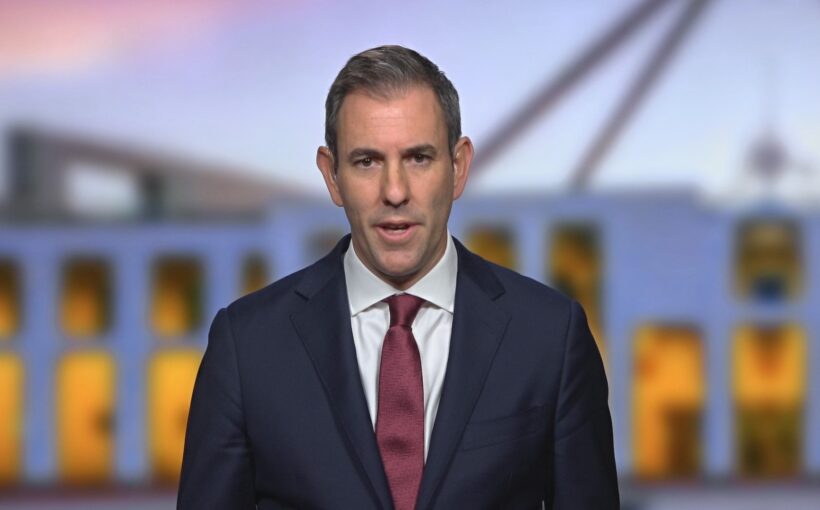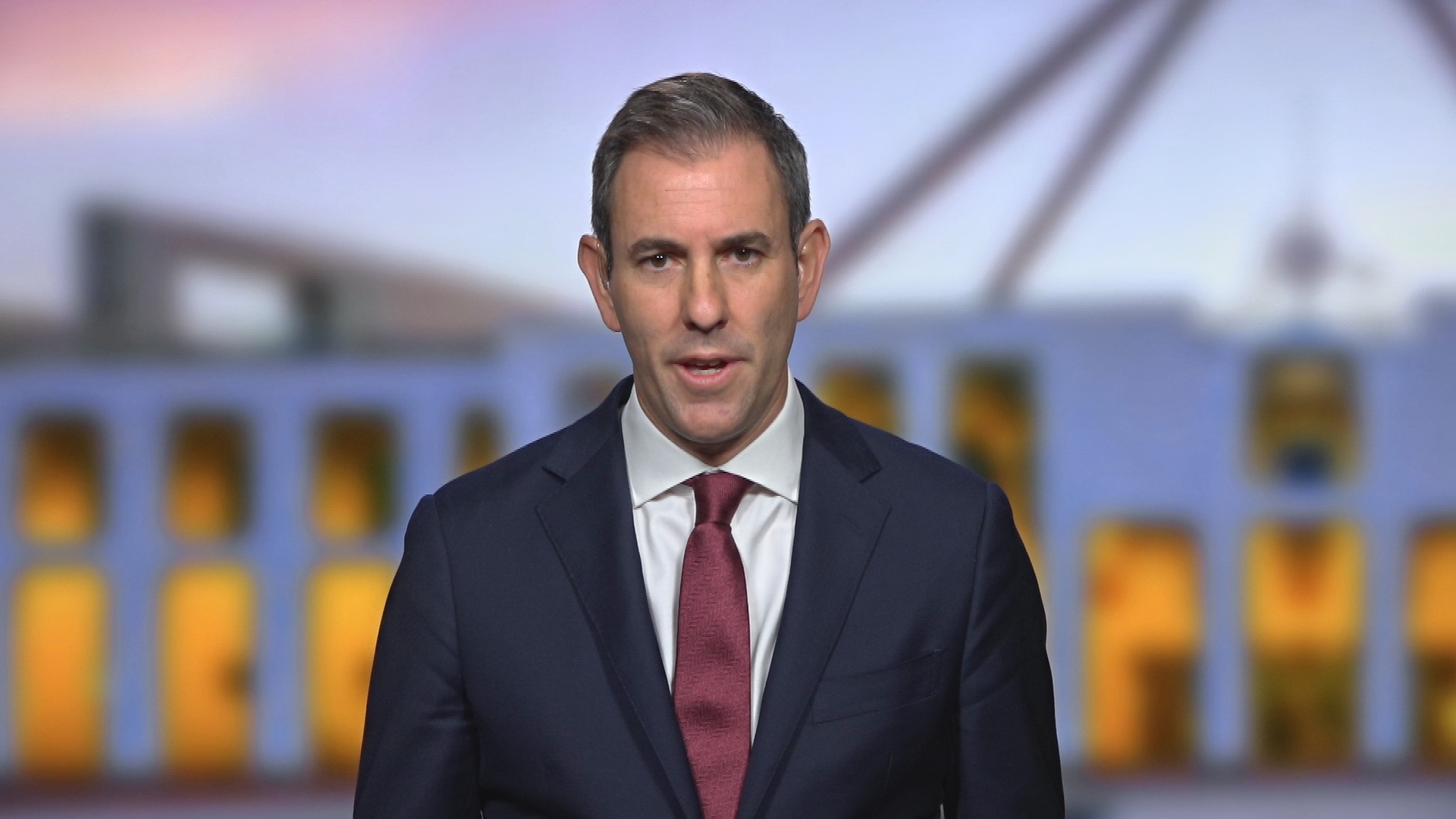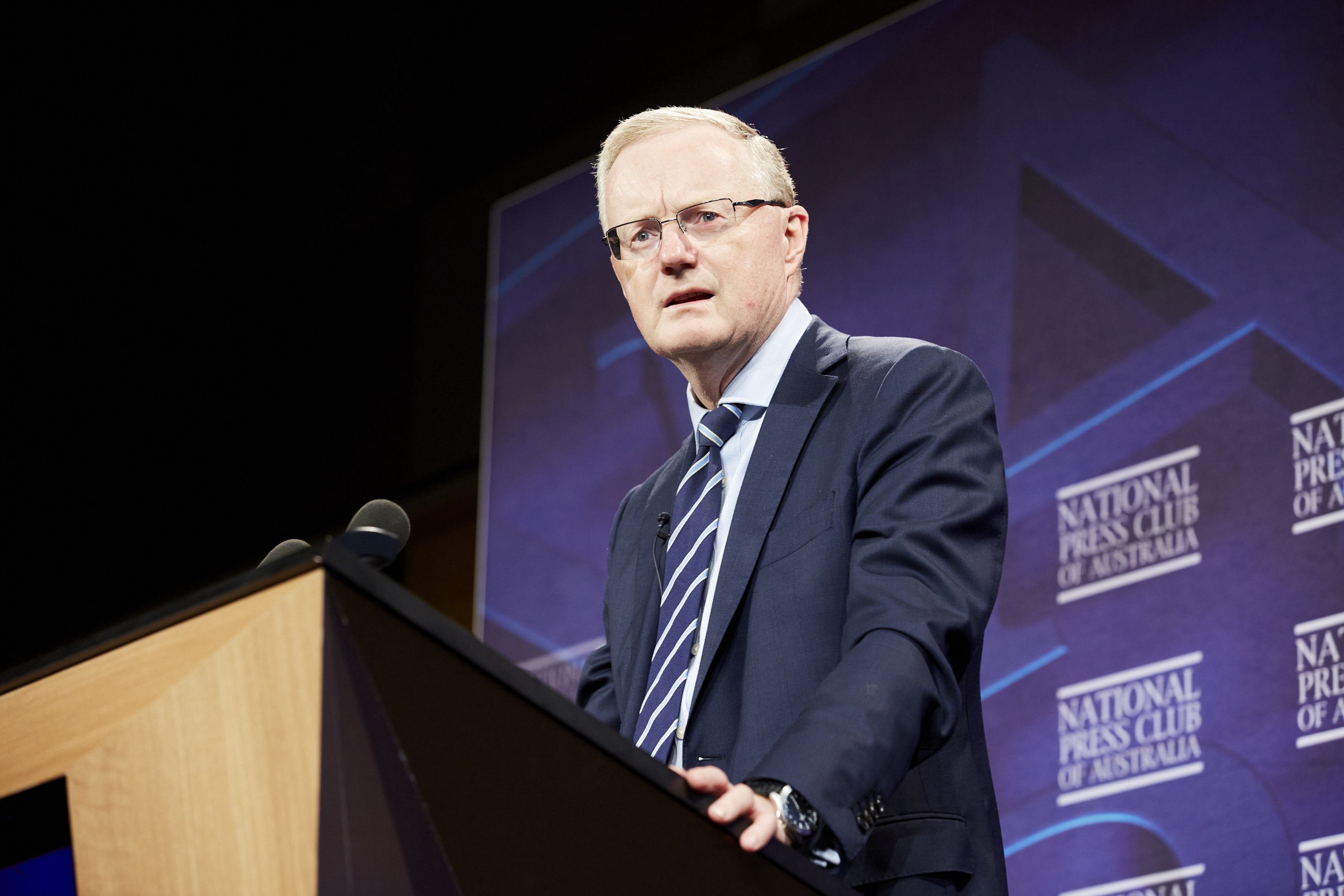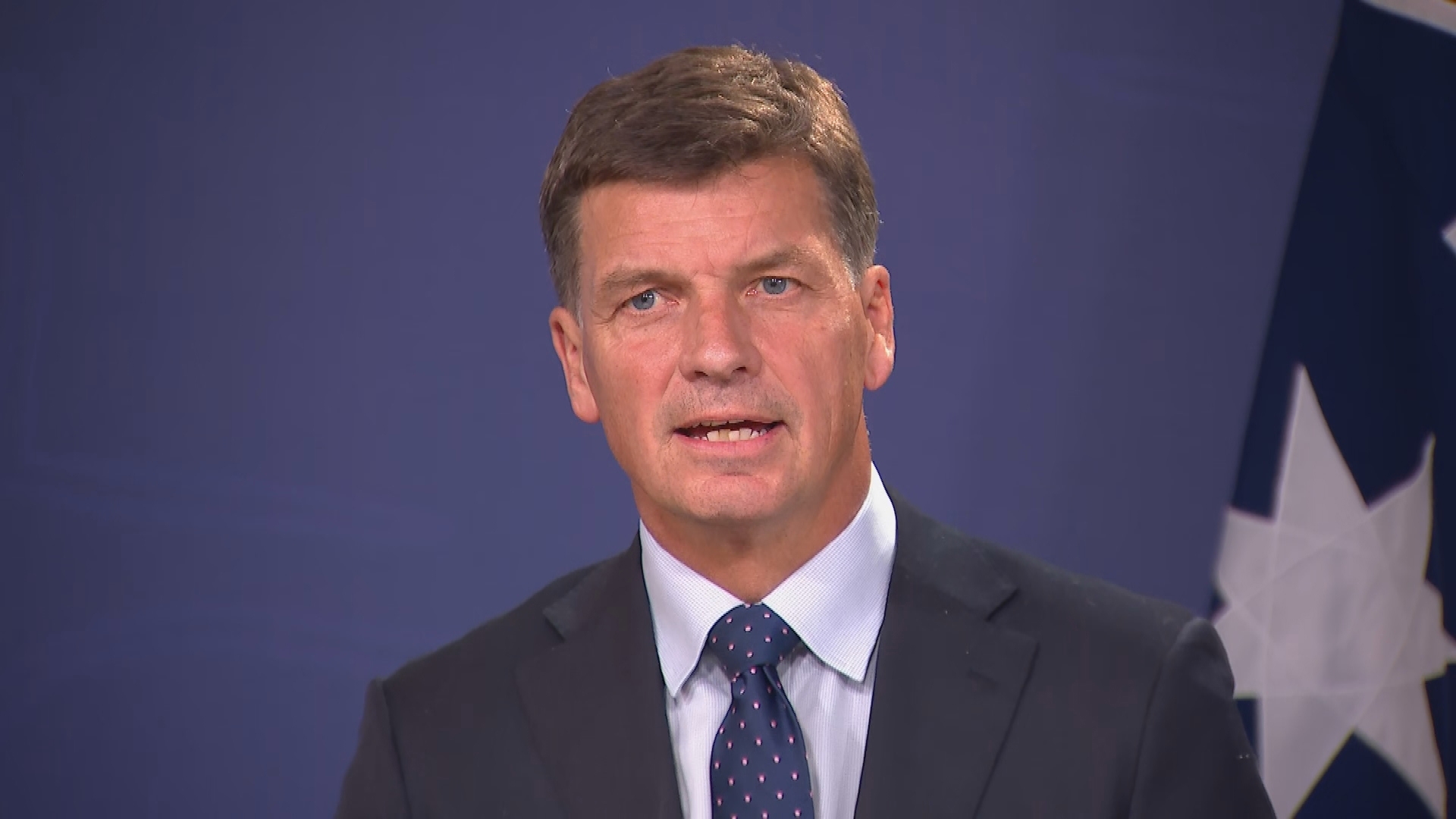The Reserve Bank of Australia board is set to split into two, handing the power to set interest rates to a panel of experts in the bank's biggest shakeup in decades.
Treasurer Jim Chalmers will on Thursday release the results of a long-awaited review commissioned last year as homeowners began to feel the pressure of rapidly rising rates after record lows.
Among dozens of specific recommendations, the independent review carried out by three experts is understood to recommend the creation of a Monetary Policy Board made up of specialists.
READ MORE: Brisbane plumber caught on camera 'putting utensils in toilets and returning to drawers'
That group would be responsible for setting interest rates, leaving the Governance Board to focus on the bank's operation.
The Albanese government, which has been calling for a bipartisan approach to any changes, is expected to announce in-principle support for all 51 recommendations.
That includes confirming support for the bank's independence and its efforts to use interest rates to keep inflation between 2 and 3 per cent.
"I thank the RBA Review panel for this significant piece of work and look forward to working across the parliament and with the RBA to implement the recommendations," Chalmers said on Wednesday night.
"The review is all about ensuring Australia's central bank and monetary policy arrangements are as strong and effective as they can be into the future."
The shift to hand control of interest rates to a committee of monetary experts would bring Australia in line with the operation of central banks in other countries such as the UK and Canada.
The review was announced last year amid the recent string of rapid interest rate rises — following record lows during the pandemic — which began just a year after RBA governor Philip Lowe told Australians rates would stay low until "at least 2024". He's since apologised for the "embarrassing" error.
READ MORE: Woman filmed driving off in stranger's car with four-month-old baby still inside
It also followed criticism of the way the bank was operating before COVID-19 battered the world's economies.
Professor Carolyn Wilkins, an external member of the Financial Policy Committee of the Bank of England; Professor Renee Fry-McKibbin, the interim director of the Crawford School of Public Policy at the Australian National University; and former treasury and RBA expert Dr Gordon de Brouwer have spent months going over more than 1500 interviews, submissions, focus groups and survey responses.
They consulted 137 experts in Australia and overseas, as well as business, union and community representatives.
Chalmers on Tuesday called to keep "party politics" out of the review, praising shadow treasurer Angus Taylor for his interactions with the panel.
He said some recommendations would require legislative change, while others would need the reserve bank governor and board to make changes.
"There's a role for government, there's a role for the Reserve Bank and its board," he said
"There's a role in the [bank's monetary policy] statement, there's a role for legislation and one of the key reasons why I want it to be bipartisan if we can is because ideally we'd get all those ducks in a row.
"And in the absence of bipartisanship, we don't really want to run the gauntlet in the Senate, for example, on legislative change to the RBA Act. The RBA Act should be something that we can agree on and put beyond politics"
Taylor said it was "essential" the recommendations were agreeable to both parties.
"This will ensure certainty around the outcome of this review," he told the Sydney Morning Herald.
"With inflation at its highest level in decades, this in the best interests of Australians."
Recent rate hikes have been aimed at keeping soaring inflation, sparked in part by rising energy prices, supply chain issues and the war in Ukraine, under control.
Currently the cash rate target of 3.6 per cent is the highest since May 2012, after the RBA paused increases earlier this month following 10 consecutive hikes.
Chalmers should on Thursday also announce the appointment of two new RBA board members to replace outgoing members Wendy Craik and Mark Barnaba.
Sign up here to receive our daily newsletters and breaking news alerts, sent straight to your inbox.






